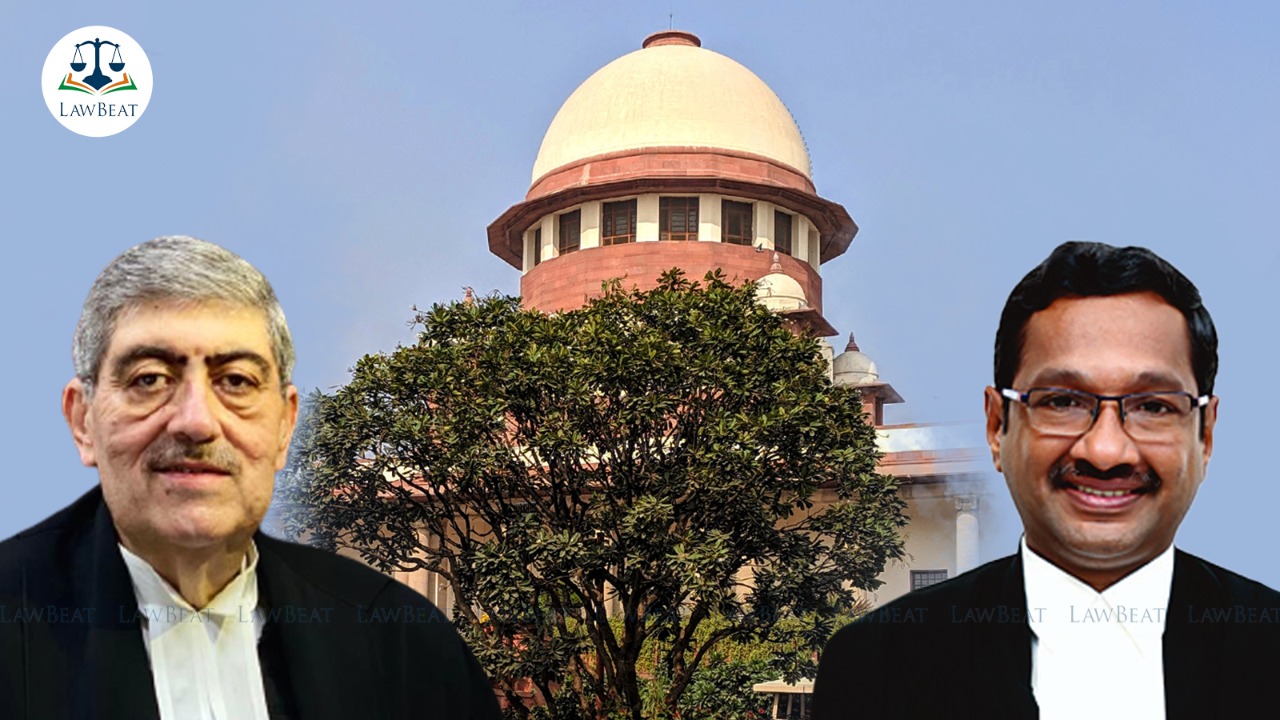Supreme Court issues notice in plea seeking mandates for adherence to Fundamental Duties

The Supreme Court today issued notice in a writ petition seeking directions to the Central government to make comprehensive well defined laws/rules ensuring the adherence to the provisions of Part IV-A of the Constitution of India effectively and requiring the citizens to perform their Fundamental Duties properly.
Part IV-A of the Constitution deals with Fundamental Duties.
A bench of Justice SK Kaul and Justice MM Sundresh today issued notice in this petition filed under Article 32 by one Durga Dutt, an Advocate practicing before the Supreme Court of India.
The plea filed through AOR Karunakar Mahalik seeks that an independent High Powered Committee headed by a retired Chief Justice or Judge of the Supreme Court or any High Court and consisting of distinguished citizens from different fields/professions and concerned officials of the stake holders may be set up to scrutinize and review the entire legal framework relating to the effective implementation of Part IV-A and give out their recommendations on the same.
It is further sought that on receipt of said recommendations, a writ order or direction may be issued laying down appropriate guidelines for regulation of effective implementation of Fundamental Duties in exercise of the plenary and inherent power of the Top Court under Article 32 and 142 of the Constitution of India until an appropriate legislation in the said regard is enacted.
A direction to the Government asking for insertion of a comprehensive list of Fundamental Duties in Part- III of the Constitution has also been sought by way of the petition.
Stating that the plea aims to address an issue of national importance and to promote commitment amongst every citizen of India towards each other, the petitioner heavily relies on the judgment in Hon'ble Shri Ranganath Mishra Vs. Union of India and Ors. wherein the Supreme Court had directed the Central Government to consider and take appropriate steps expeditiously for the implementation of the recommendations of the Report of the National Commission to review the working of the Constitution; wherein a report commonly known as Justice JS Verma Committee on operationalization of fundamental duties of citizens had been accepted and a strong suggestion had been made for their early implementation.
"...The aforesaid Committee recommended the Union and State Governments to sensitize the people and create general awareness
among citizens regarding Fundamental Duties and achievement of their desired enforceability by not only legal sanctions but also social sanctions and creations of role models. However, despite the said a recommendations and directions of this Hon'ble Court, the required proper sensitization, full operationalization and enforceability of Fundamental Duties, is mainly diffused and remains an elusive goal....", adds the plea.
Highlighting the need to enforce Fundamental Duty, the petition refers to new illegal trends of protest by the protestors in the garb of freedom of speech and expression, by way of blocking of road and rail routes, in order to compel the Government to meet their demands.
Dutt has further argued that the outbreak of Covid-19 pandemic also witnessed certain incidents, which show that we tend to forget that there are a set of sacrosanct moral obligation upon the citizens to adhere to the Fundamental Duties towards other citizens and towards the nation.
The petitioner thus relies on the rule of jurisprudence that every right has a corresponding duty.
Case Title: Durga Dutt v. Union of India and Ors
